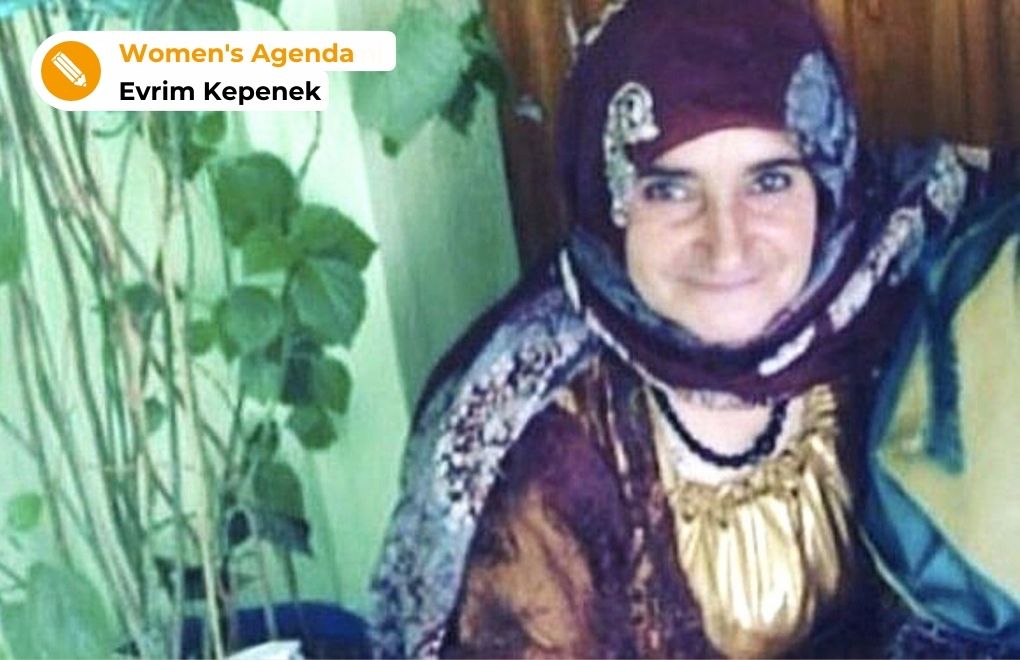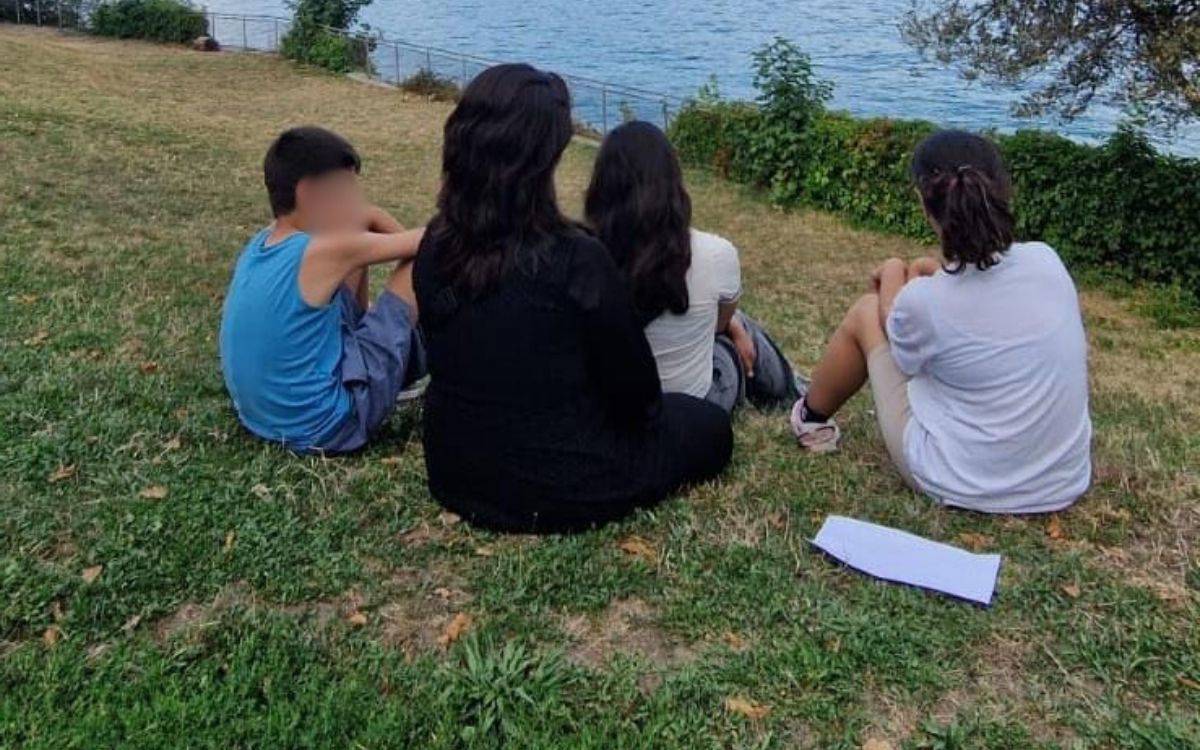Click to read the article in Turkish
Good evening. I apologize for bothering you at this hour of the day. I am writing a news story about your mother Sürmi İnce. Could you please summarize the legal process so far?
Unfortunately, no trial is held in such cases filed into the crimes committed by the law enforcement... We saw such trials that we almost felt happy that the court did not rule for an acquittal in the end.
But you are a lawyer in the court case about your mother. I think it would be safe to say that you are your own lawyer. How does it feel?
When my mother was killed, I was a senior student at the Faculty of Law in İstanbul, I was doing my law apprenticeship.
I am now one of the lawyers of the case. It makes me stronger. While I was preparing for this case, I saw that there are hundreds of cases like this. There are hundreds of cases concerning the killings perpetrated by the law enforcement and ending in impunity.
I have been faced with a policy of impunity. I have met people who suffered similar pains, we have had our sorrows in common.
***
That is briefly the conversation I have just had with lawyer Bünyamin İnce.
His mother Sürmi İnce was a Kurdish woman. While she was bringing food to her children who were plucking herbs in Turkey's Kurdish-majority southeastern province of Hakkari in July 2016, she was killed in a fire opened from a military vehicle.
Specialist Sergeant A.D., the perpetrator, said in his defense that "he thought Sürmi İnce was a terrorist and killed her."
At the final hearing held on July 2, 2021, the Yüksekova Heavy Penal Court reduced the prison sentence of Specialist Sergeant A.D. because of "good conduct" and sentenced him to 3 years, 10 months, 20 days in prison. Moreover, A.D. has not been arrested as per the same ruling.
Women and children
Unfortunately, Turkey's record of rights violations is full of deaths caused by law enforcement officers and examples of policy of impunity.
One of the most comprehensive reports about this issue was released by the Baran Tursun Foundation in May 2021.
According to the Foundation's "Report of Violations of Right to Life as a Result of Disproportionate Use of Force by Law Enforcement Officials - They Didn't Have to Die," police killed 404 civilians in Turkey in 14 years. Among these 404 lives were also women and children.
Sürmi İnce... The mother, sister, spouse, friend of some. She was killed.
Perpetrator A.D. moves on with his life as if nothing happened.
The fact that he is not punished invites other murders, it perhaps encourages other men, too. In fact, the exact opposite could have happened, A.D. could have been given a severe sentence and ostracized from the profession. With this method, the deaths caused by law enforcement officers could have been ended. But the judiciary did not prefer this.
Why is the İstanbul Convention important?
As a matter of fact, the İstanbul Convention was one of the tools that opened a crack in the courts' culture of impunity. However, despite all objections of women and LGBTI+ movement, Turkey officially withdrew from the convention which is named after its city on July 1, 2021.
The İstanbul Convention naturally has some very important articles that must be indispensably implemented.
It is especially important to draw attention to Article 5, which contains details as to the punishment of perpetrators. To put it as simply as possible, this article reminds the State parties of their obligations to prevent, investigate, punish and provide reparation in cases of violence.
As far as we have been informed by her son and lawyer Bünyamin İnce, even an examination was not conducted at the scene of the incident and evidence was not collected during the course of the five years when the trial over the killing of Sürme İnce continued.
According to the İstanbul Convention, which Turkey once signed, the country should have protected Sürmi İnce. However, not only did it fail to do so, but it also failed to punish the perpetrator.
Bünyamin İnce reiterates that they are preparing to appeal against A.D.' prison sentence of 3 years, 10 months, 20 days.
He says that they will apply to the Constitutional Court and to the European Court of Human Rights (ECtHR) as well.
He is determined to seek justice for his mother.
"We may perhaps get a precedential ruling and it will set a legal precedent for other cases," he says about the legal struggle.
If the courts change their attitudes of impunity, which have become systematic, this change might increase our belief in public justice and also discourage perpetrators from committing new crimes.
We all - especially we women - need such justice...
NOTE: İstanbul Convention Articles 5-8Article 5
Article 8
|
(EMK/SD)











